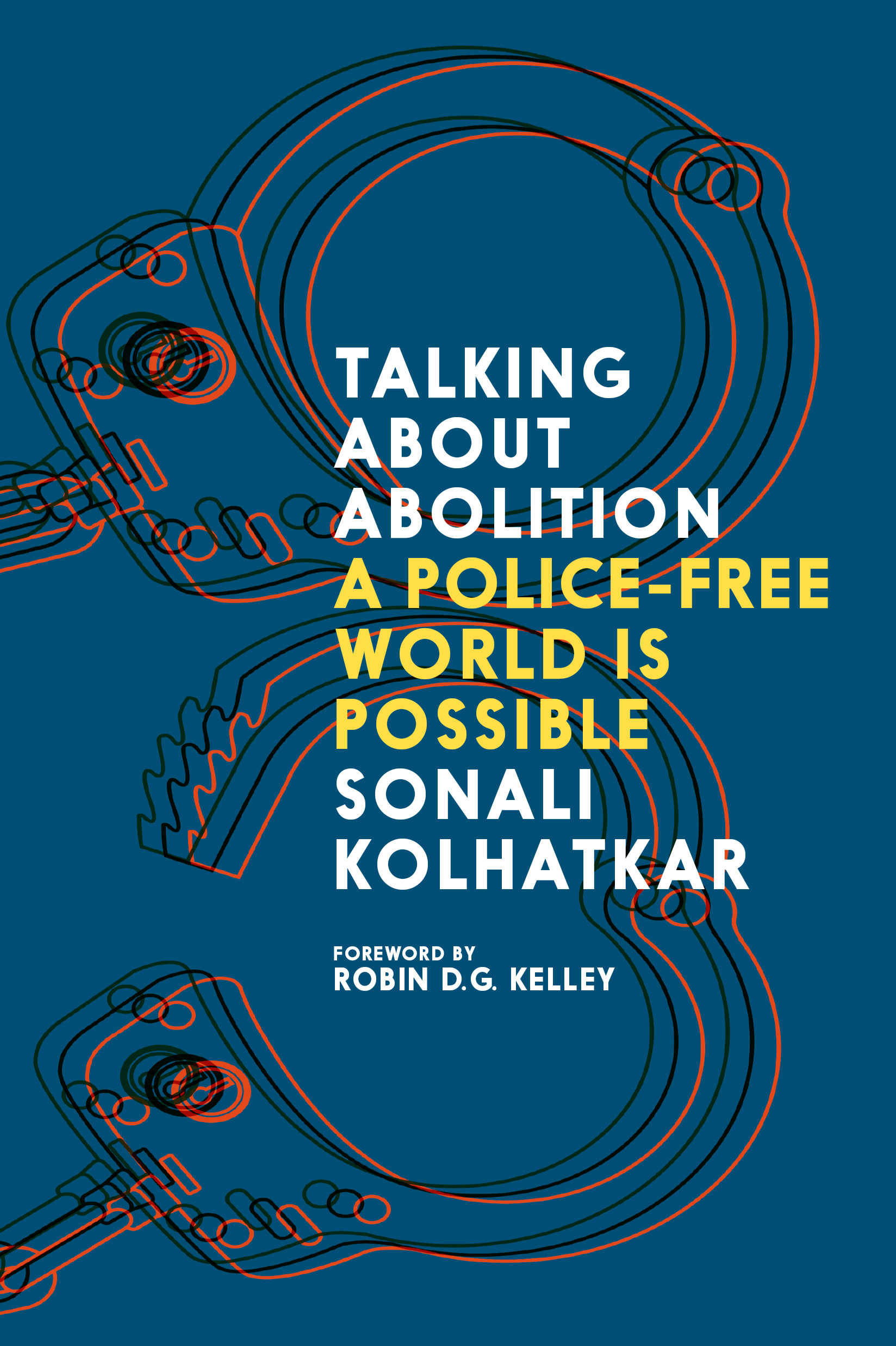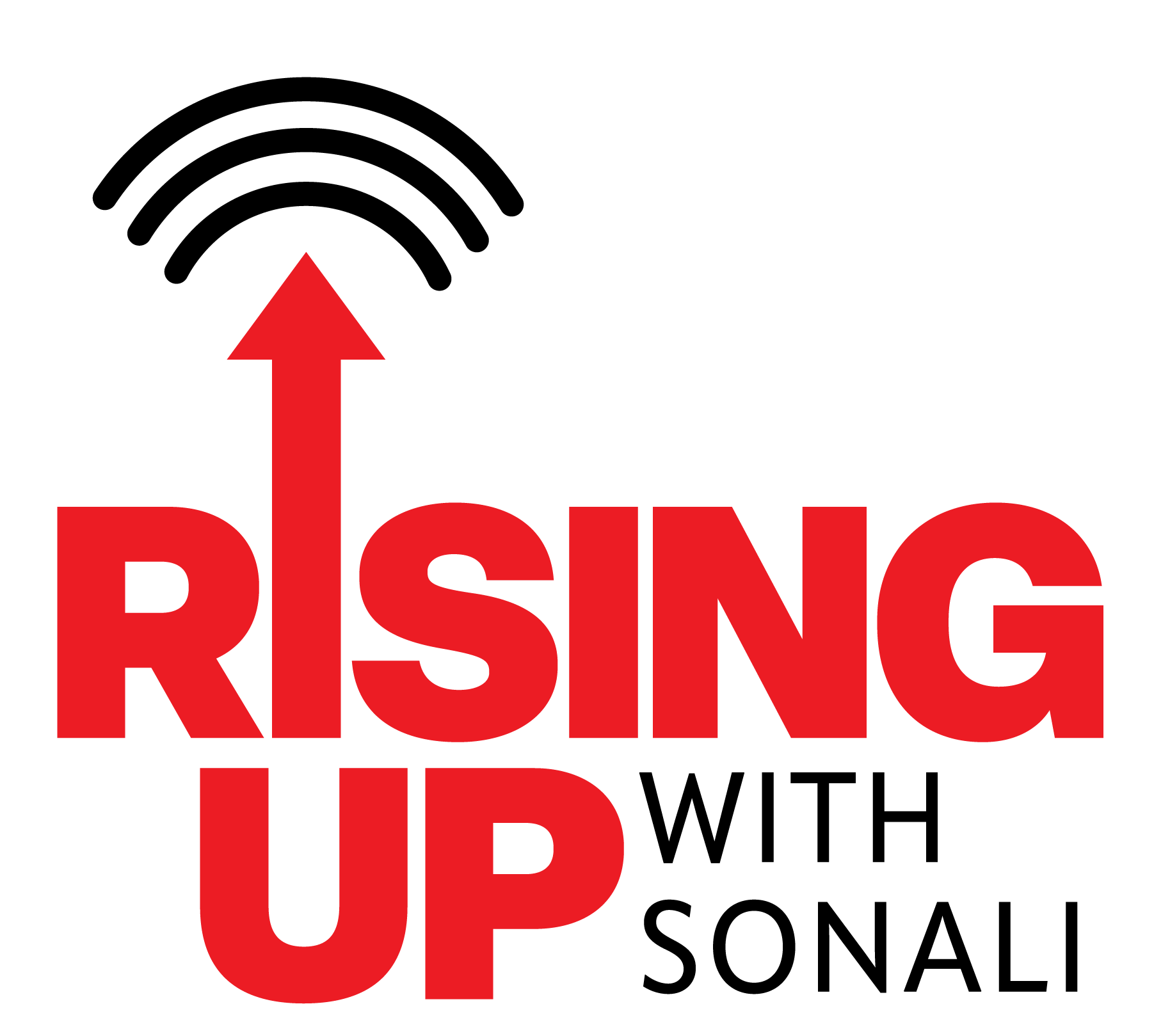Dinner Table Conversations on Politics, Justice, and Hope
Growing up outside the United States, I thought it was normal for adults to talk about politics at the dinner table. I often overheard my parents and their friends talking animatedly at dinner parties about the latest news, about wars and social unrest.
But after living in the United States for a few years I became familiar with the adage that there are two issues people must stray from at meal times: politics and religion. Is that one reason why so many Americans are so unable to see eye-to-eye on values, or even able to agree on the same version of reality?
If you enjoy this newsletter, considering upgrading your subscription
On Saturday an old friend joined my family for dinner and we talked about politics. Although I am ever-the-optimist, these days I've felt less capable of seeing hope in our dire political landscape, with three long years of Donald Trump's administration stretching out endlessly before us.
But my friend felt more positive, and was convinced we are in the midst of a great opportune moment, where so many people are struggling financially that they are receptive to economic justice solutions. If the left were to offer a positive vision of what is possible with wealth redistribution we may see this as a turning point against predatory capitalism.
I think often about abolitionism as such a framework, capable of connecting the problem of enforcers--ICE agents, cops, sheriffs, the military, National Guard, prison guards--to our underfunded commons such as healthcare, housing, childcare, higher education, eldercare. The abolitionist approach to social problems centers on dismantling death making institutions and diverting its funds toward life-giving systems. It is a grand unifying theory of change that springs from the work of Black women such as Angela Davis, Ruth Wilson Gilmore, Andrea Ritchie, Mariame Kaba.

Abolition's origins lie in the movement to dismantle the institution of mass enslavement, which was borne out of capitalist greed. What better way to maximize profits than to minimize the cost of labor to near-zero?
With slave-patrols becoming the precursor to police, it's clear that modern-day policing is aimed at the enforcement of racial capitalism. The more of our collective funds we pour into such enforcement, the less funding is available for those things that truly keep us safe and content. Meanwhile, corporate pressure to keep our wages ensures WE live hand-to-mouth while THEY make $$ hand-over-fist.
Our democracy depends on independent journalism.
Today, ICE agents are enforcing racial capitalism, ensuring brown-skinned immigrants remain vulnerable and easy to exploit. While $170 billion of our tax funds are now going to ICE, making it the highest-funded federal police agency in US history, we're seeing cuts to food stamps and health insurance subsidies.
Reversing this trend is an abolitionist push for justice. Calls to abolish ICE are in line with calls to defund the police and end militarism.
The best part of my conversation with my friend was that, in addition to reconnecting with a like-minded fellow change maker, and giving my own children the experience of overhearing adults animatedly talking politics over a meal, I did indeed feel a little less hopeless about our world.
There is a way through the morass. We have to have the courage and eloquence to realize it, one dinner table conversation at a time if we must.


